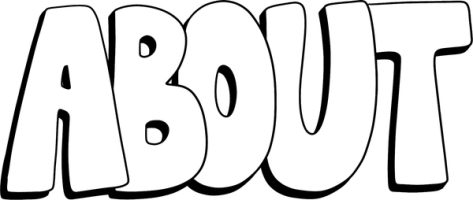
The Arabic word 'dunya' refers to the material world, often used in the Quran in such a way that emphasizes the fleeting nature of physical life in comparison to the eternal afterlife.
In his touching debut album of the same name, Mustafa the Poet lays bare his complex relationship with this temporary physical world and all that it’s ruthlessly taken from him. Across 12 tracks, he pours the grief he's experienced from losing countless loved ones to violence, whether it be during his upbringing in Toronto’s Regent Park housing projects or under current-day military occupation and genocide halfway across the world. Following the tragic loss of his older brother Mohamed during the making of this project last year, Mustafa speaks on his resulting hesitancy to release Dunya - “I considered burying it with everything else I lost but what’s the use of all this digging? We’ll take it to the sun, make use.”
If there’s one thing Mustafa makes overwhelmingly clear in this body of work, it’s that no matter how much the world takes from him, it can never strip him of his faith and humanity. His resilience doesn’t root from overcoming difficulty but rather from remaining open to God in the wake of it, somehow still holding onto the ability to perceive beauty in all the world’s ugliness.
A true poet by nature, his poignant lyrics throughout Dunya carry depth and softness in what feels like such few, carefully chosen words. On “What good is a heart?”, he recognizes fragility as an inseparable part of humanity in asking the simple question, ‘what good is a heart that will not break?’ He goes on in "Beauty, end" to acknowledge life's temporariness in his honest statement, 'I only see beauty when it starts to end.' And in “Leaving Toronto”, he expresses resentment towards the city that raised him: ‘I would drown this whole city if I could // There's nowhere I can go // That has enough room to let me bring my hood.’
In between soft guitars, gentle thumping of drums, and delicate melodies that pull on your heartstrings, Middle Eastern instrumentation and cultural sonic influence weave seamlessly into an otherwise folk-inspired sound, such as oud arrangement on the profoundly humanizing “Gaza is Calling". The track details a sense of caving distance between Mustafa and an old Palestinian friend he’s lost contact with, reminding us more than anything that Palestine is one’s homeland long before it is a warground.
Background vocals and production on this project can be heard from the talented likes of Rosalía, Clairo, Daniel Caesar, JID, and Nicolas Jaar. The supportive musical community Mustafa has built around him speaks to his natural gift of translating both lived experiences and generational resilience into art that reaches the souls of others.
The Sudanese-Canadian songwriter first gained recognition as a young poet and activist rising out of Toronto. He’s gone on to write acclaimed hits for artists such as The Weeknd, Camila Cabello, and Justin Bieber. Now, as he lays the groundwork for his own musical identity, Mustafa continues to approach his artistry with a greater purpose and dedication to standing up for oppressed people everywhere. He’s organized two benefit concerts in the past year alone providing humanitarian aid to Gaza and Sudan, and constantly shines light through poetry on those whose rights to exist have been infringed. It’s inspiring to witness Mustafa share intimate pieces of himself, because in doing so, he paves the way for many others who have endured cycles of systemic injustice and trauma.
In his words: “Free all my people from the grasp of this wretched Dunya and glad tidings to the ones who have left it.”
To choose softness in a life of brute hardness is one of the bravest acts of all.





















































































































































